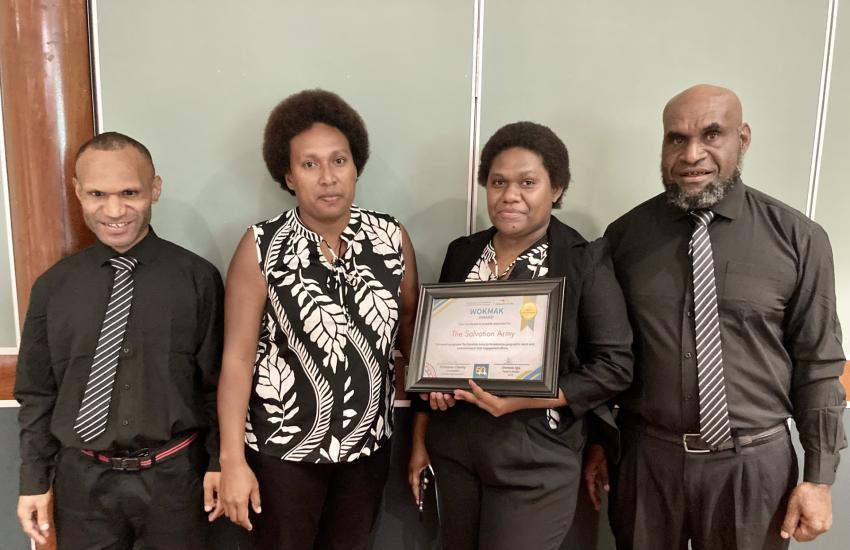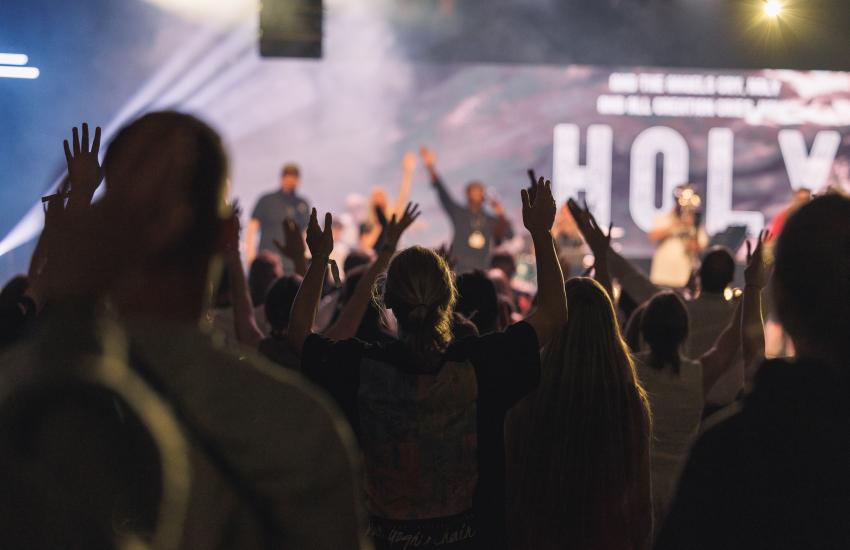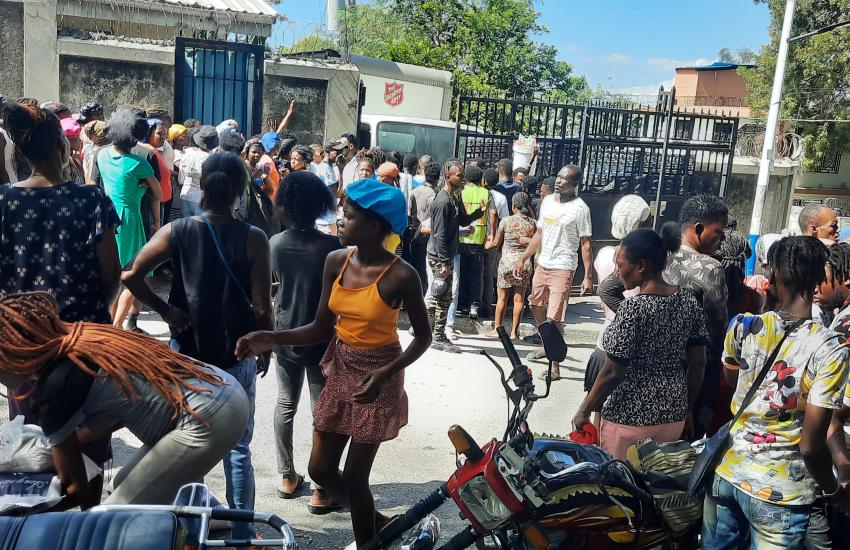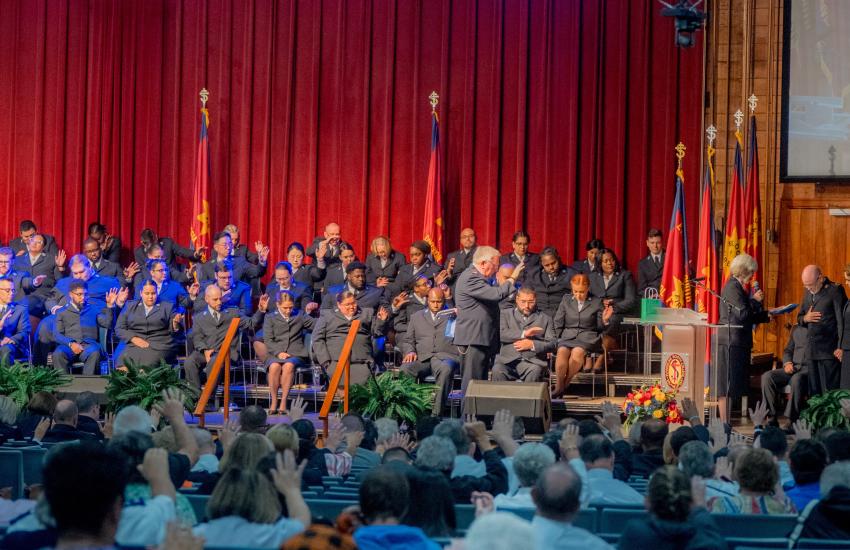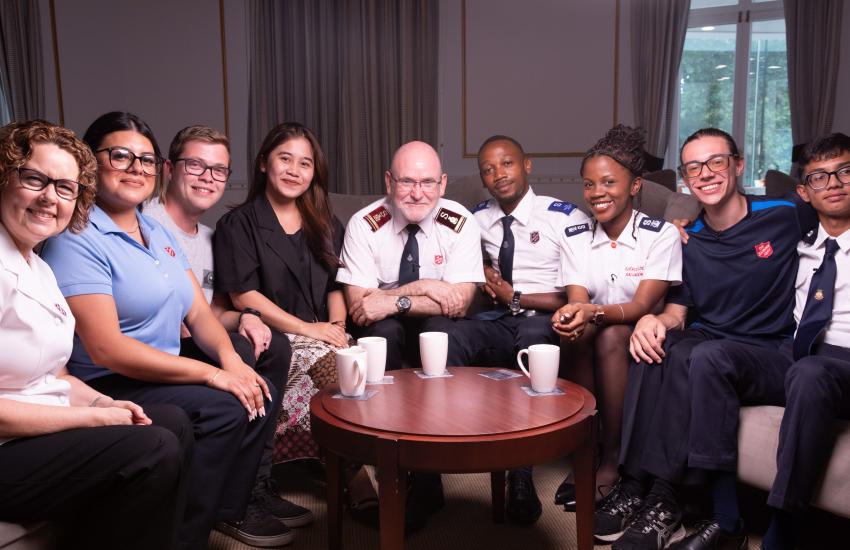MORE than three weeks on from the earthquake that brought devastation to Nepal, the Salvation Army response team is still expanding its programme. The small team, ably supported by local Salvationists and volunteers, has also been boosted by the arrival of Bobby Myers (USA Eastern Territory), Captain Petr Janousek (The Netherlands and Czech Republic Territory) and Amanda Narango, a volunteer from the USA.
Damaris Frick (Field Operations Officer, International Emergency Services) reveals that Bobby had no time to get his feet on the ground – on his first day he was up in the mountains in a helicopter!
The partnerships formed with other organisations are proving to be vital, especially as many remote communities can only be reached by helicopter. In the Sindhupalchok District, The Salvation Army is working with Mission Aviation Fellowship (MAF) which offers reduced rates to non-governmental organisations (NGOs).
Through this partnership with MAF, the Salvation Army team distributed rice and solar chargers to three villages in Sindhupalchok in three helicopter trips. While the total of 925 kg rice and 44 solar lamps doesn't seem to be a huge amount for three villages, it complements the items people were able to rescue from the rubble of their houses. Village committees will ensure the items are divided fairly.
Solar chargers may seem a strange thing to take when the need for food is so great, but Damaris says that without the means to provide power these remote communities would be completely cut off from the outside world.
The Salvation Army continues to oversee two camps in the Kathmandu area, where the distribution of hygiene articles, food and tarpaulins is helping to make life a little more comfortable for the residents.
New areas of work are still being taken on by the team. In Nuwakot, rice, dhal, oil and salt were distributed to 280 families, along with solar lamps and mosquito coils. In Gorkha, food drops are taking place in partnership with the local NGO Mountain Child.
A large-scale response is also under way in Ramechhap, 10 hours' drive from Kathmandu, where five trucks are taking food for 1,200 families. Two trucks have already arrived in the community, carrying food items for 280 families and tarpaulins and rope for 80 families whose homes were completely destroyed.
Damaris is thankful for the continued interest from around the world, along with the prayer and financial support. She concludes: 'Please pray for the safety of the team and volunteers on our many journeys on dangerous roads and helicopter flights up the mountains.'
by IHQ Communications
(based on reports by Damaris Frick)
International Headquarters

